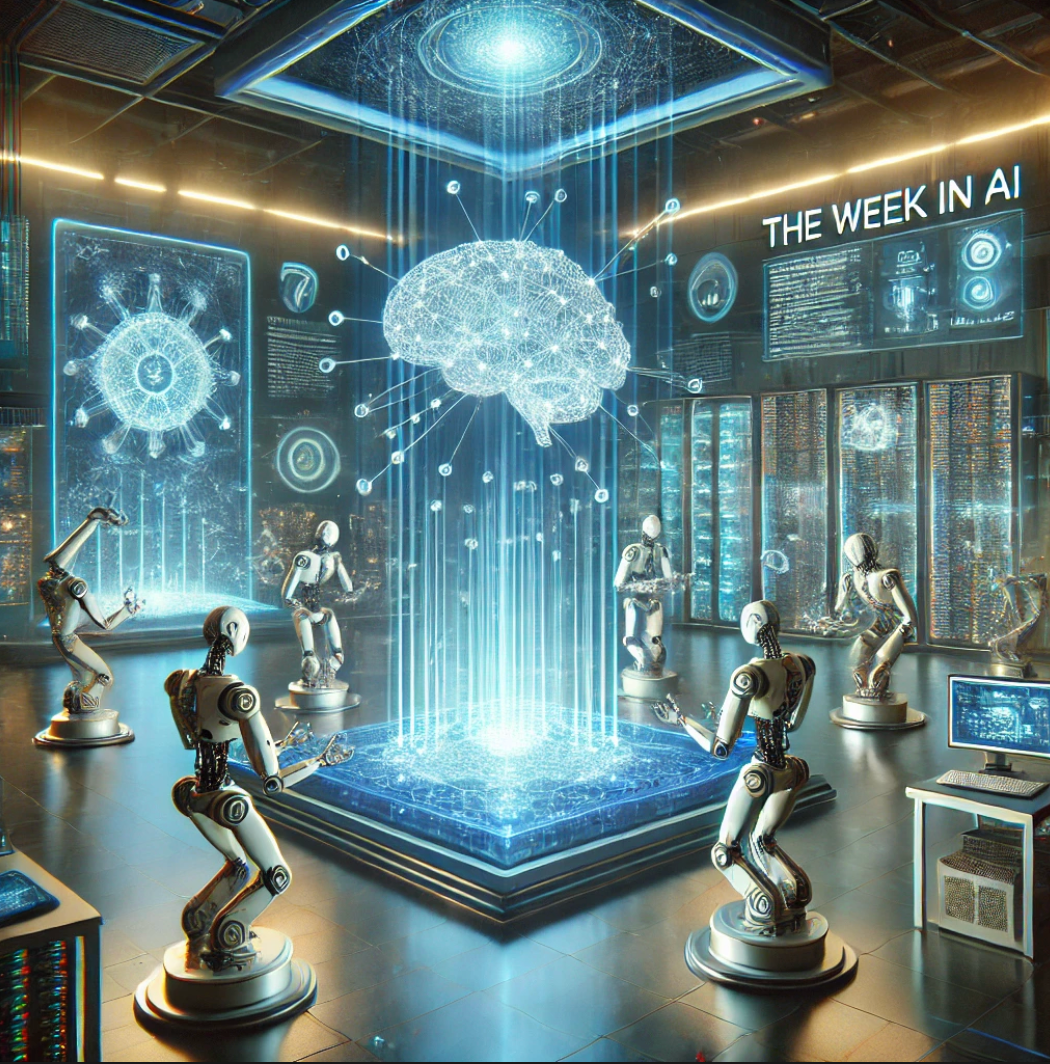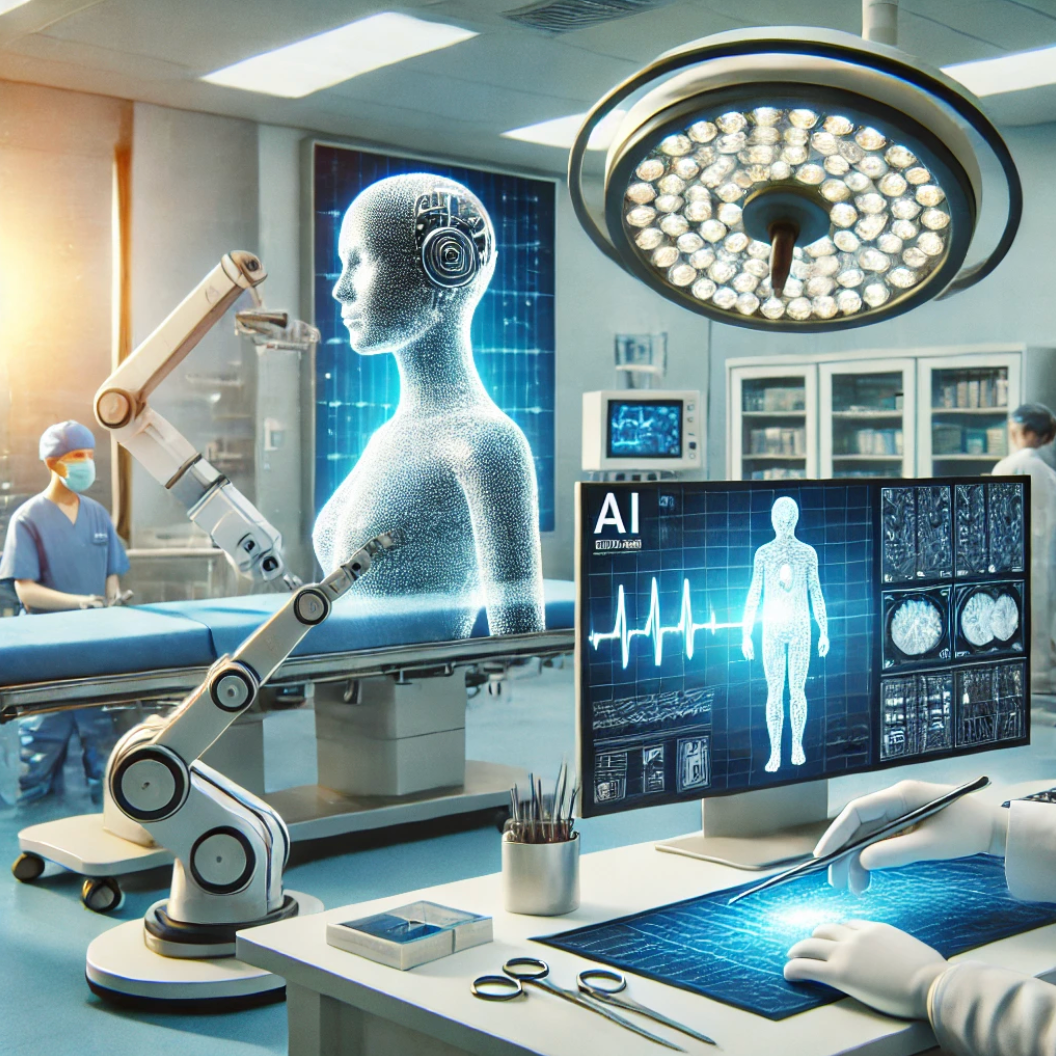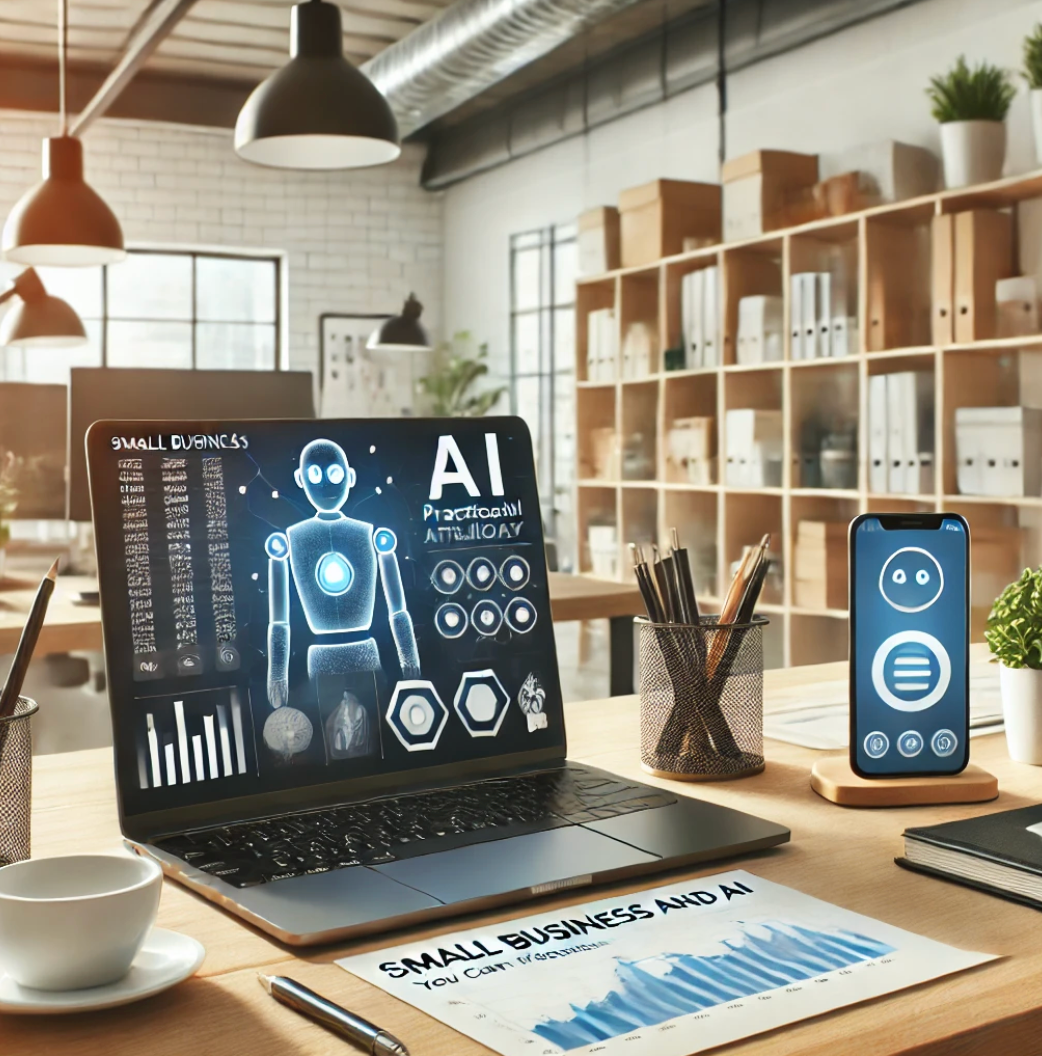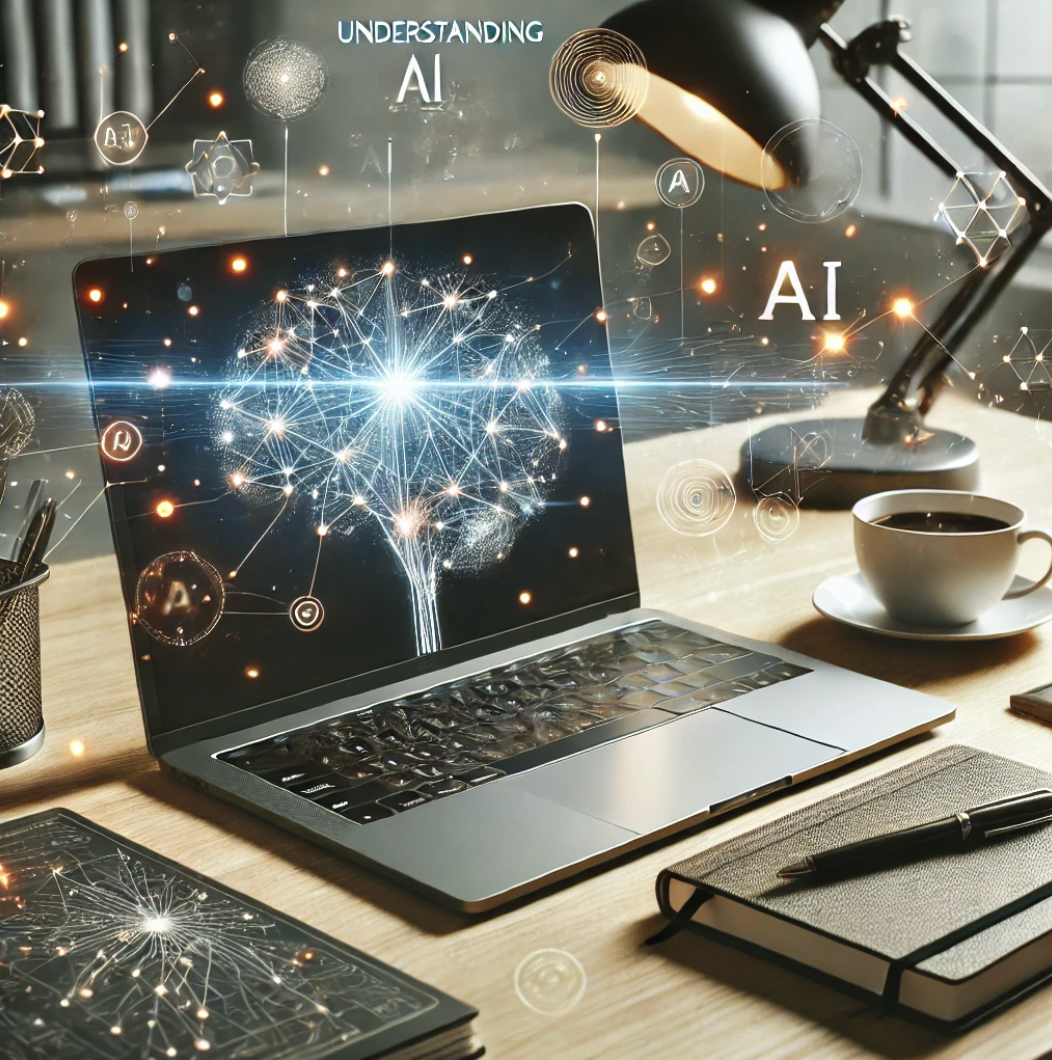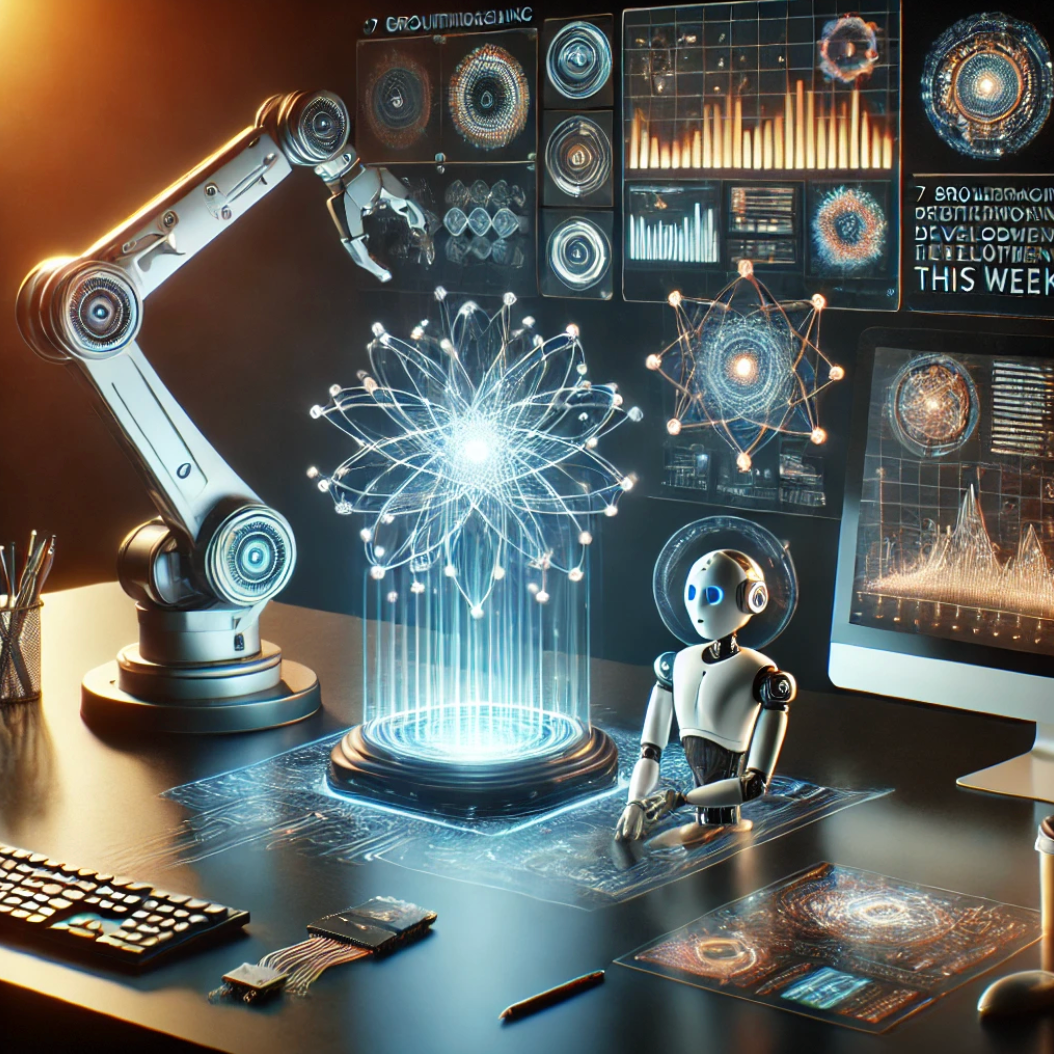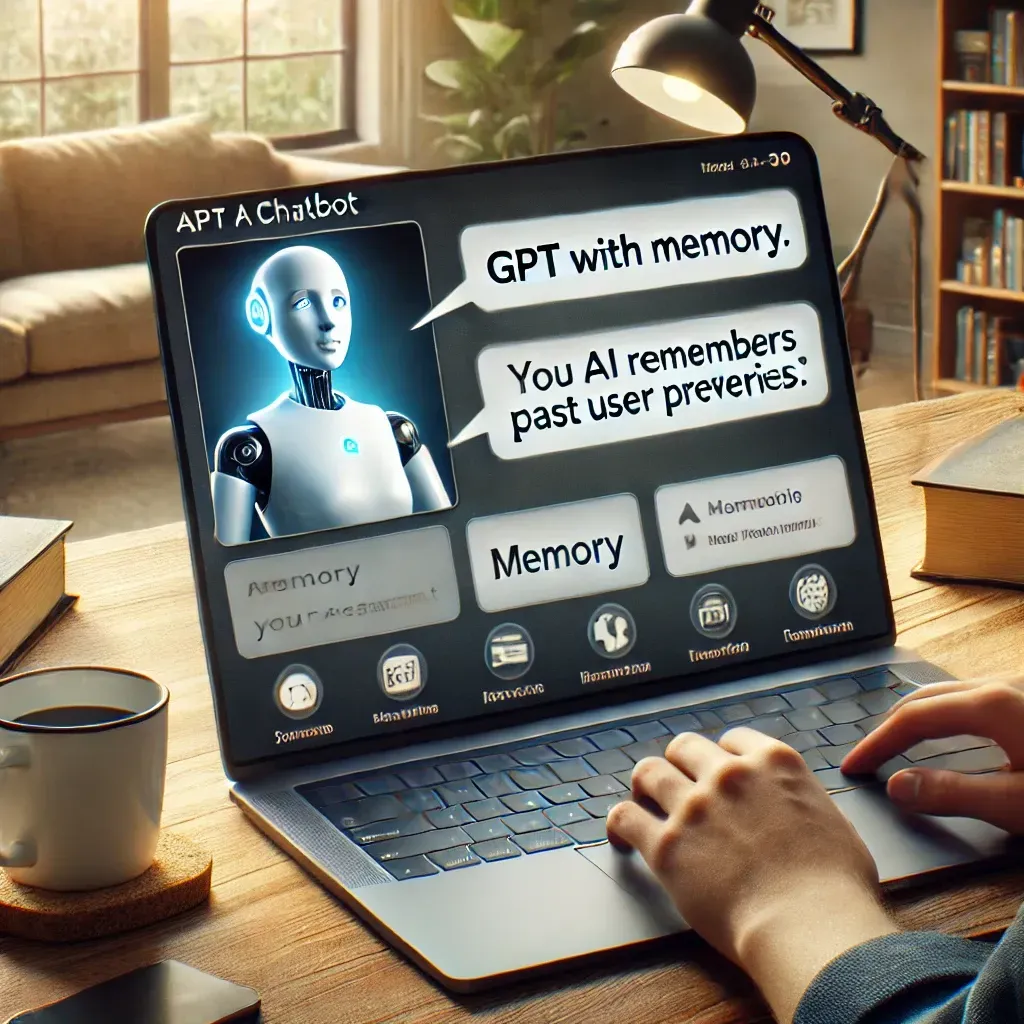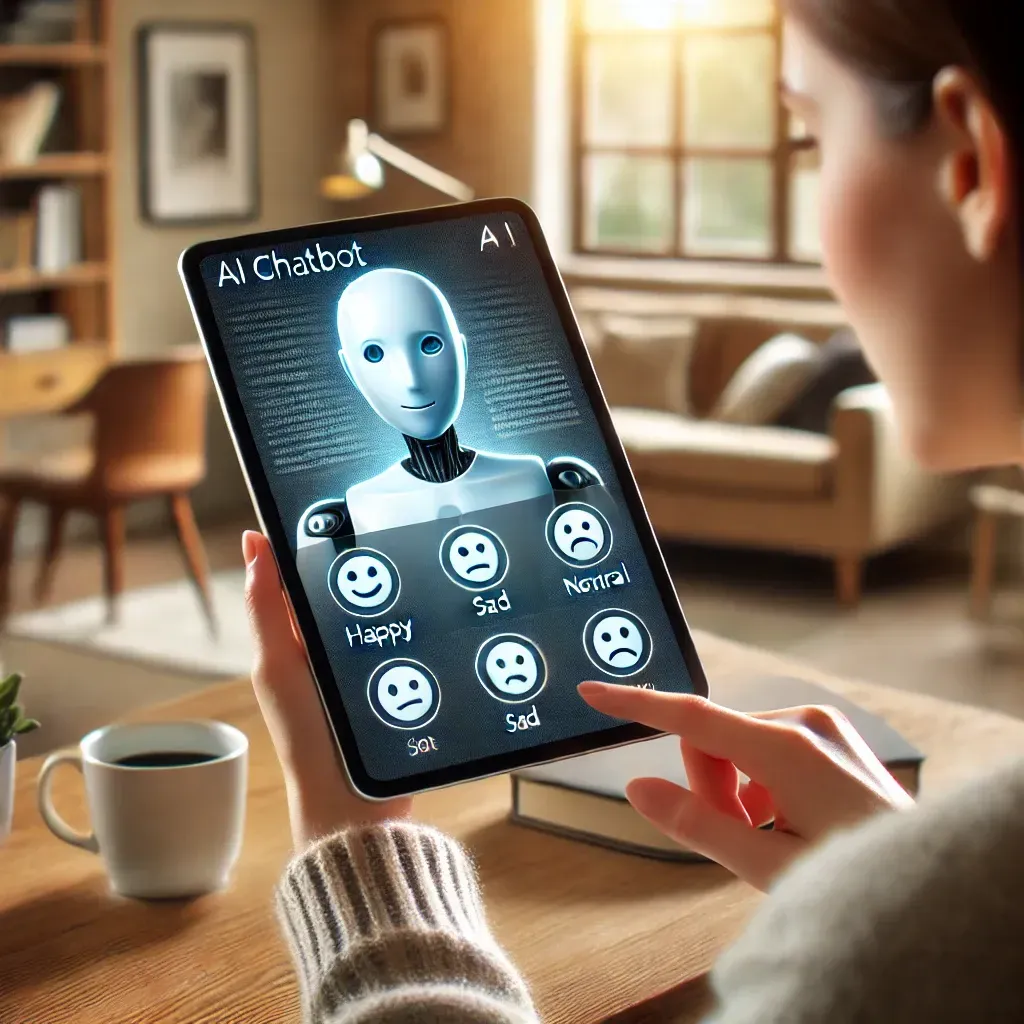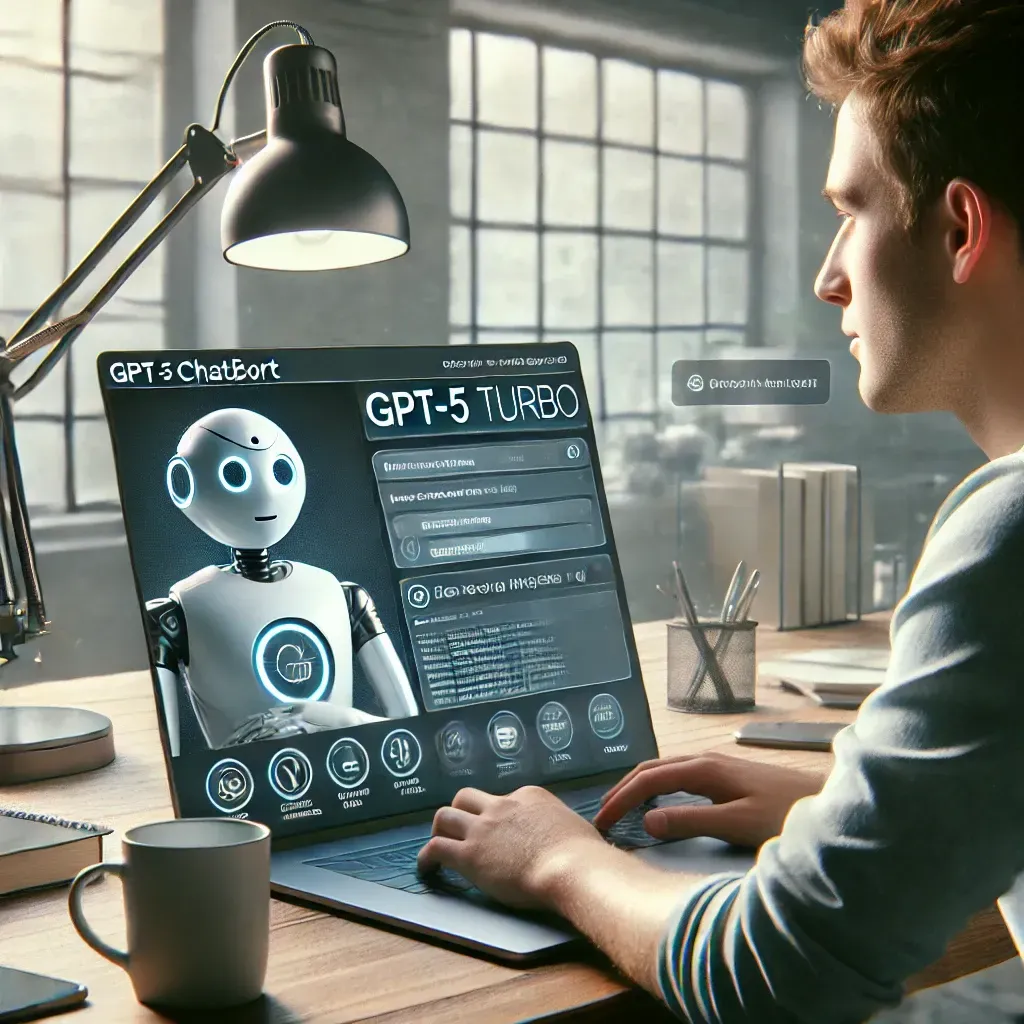AI and Its Role in Addressing Global Challenges
Climate Change, Poverty, and Sustainable Development
Artificial Intelligence (AI) has emerged as a transformative technology with the potential to address some of the world’s most pressing challenges. From climate change to poverty and sustainable development, AI offers innovative solutions that can drive positive change and improve the quality of life for people around the globe. In this blog post, we will explore the role of AI in addressing these global challenges, providing detailed insights into how AI is being leveraged to create a more sustainable and equitable world.
AI and Climate Change
1. Climate Modeling and Prediction
Enhancing Climate Models
AI is revolutionizing climate modeling by enhancing the accuracy and efficiency of climate predictions. Traditional climate models rely on complex mathematical equations and vast amounts of data, making them computationally intensive and time-consuming. AI algorithms, particularly machine learning, can analyze large datasets more efficiently, identifying patterns and trends that may not be apparent through traditional methods.
Predicting Extreme Weather Events
AI is also being used to predict extreme weather events such as hurricanes, floods, and heatwaves. By analyzing historical weather data and real-time satellite imagery, AI models can provide early warnings and improve the accuracy of weather forecasts. This enables communities to better prepare for and respond to extreme weather events, reducing the risk of loss of life and property.
2. Renewable Energy Optimization
Smart Grid Management
AI is playing a crucial role in optimizing the management of smart grids, which are essential for integrating renewable energy sources such as solar and wind power. AI algorithms can analyze energy consumption patterns, predict demand, and optimize the distribution of electricity. This ensures a stable and efficient energy supply, reducing reliance on fossil fuels and lowering greenhouse gas emissions.
Enhancing Energy Efficiency
AI is also being used to enhance energy efficiency in buildings and industrial processes. By analyzing data from sensors and smart meters, AI can identify opportunities for energy savings and optimize the operation of heating, ventilation, and air conditioning (HVAC) systems. This not only reduces energy consumption but also lowers costs and minimizes the environmental impact.
3. Carbon Capture and Storage
Monitoring Carbon Emissions
AI is being used to monitor and analyze carbon emissions from various sources, including power plants, industrial facilities, and transportation systems. By leveraging AI-powered sensors and data analytics, organizations can track their carbon footprint and identify opportunities for emission reductions. This is essential for meeting global climate targets and transitioning to a low-carbon economy.
Optimizing Carbon Capture Technologies
AI is also being used to optimize carbon capture and storage (CCS) technologies, which are designed to capture and store carbon dioxide emissions from industrial processes. AI algorithms can analyze data from CCS systems, improving their efficiency and reducing costs. This makes CCS a more viable solution for mitigating climate change and reducing greenhouse gas emissions.
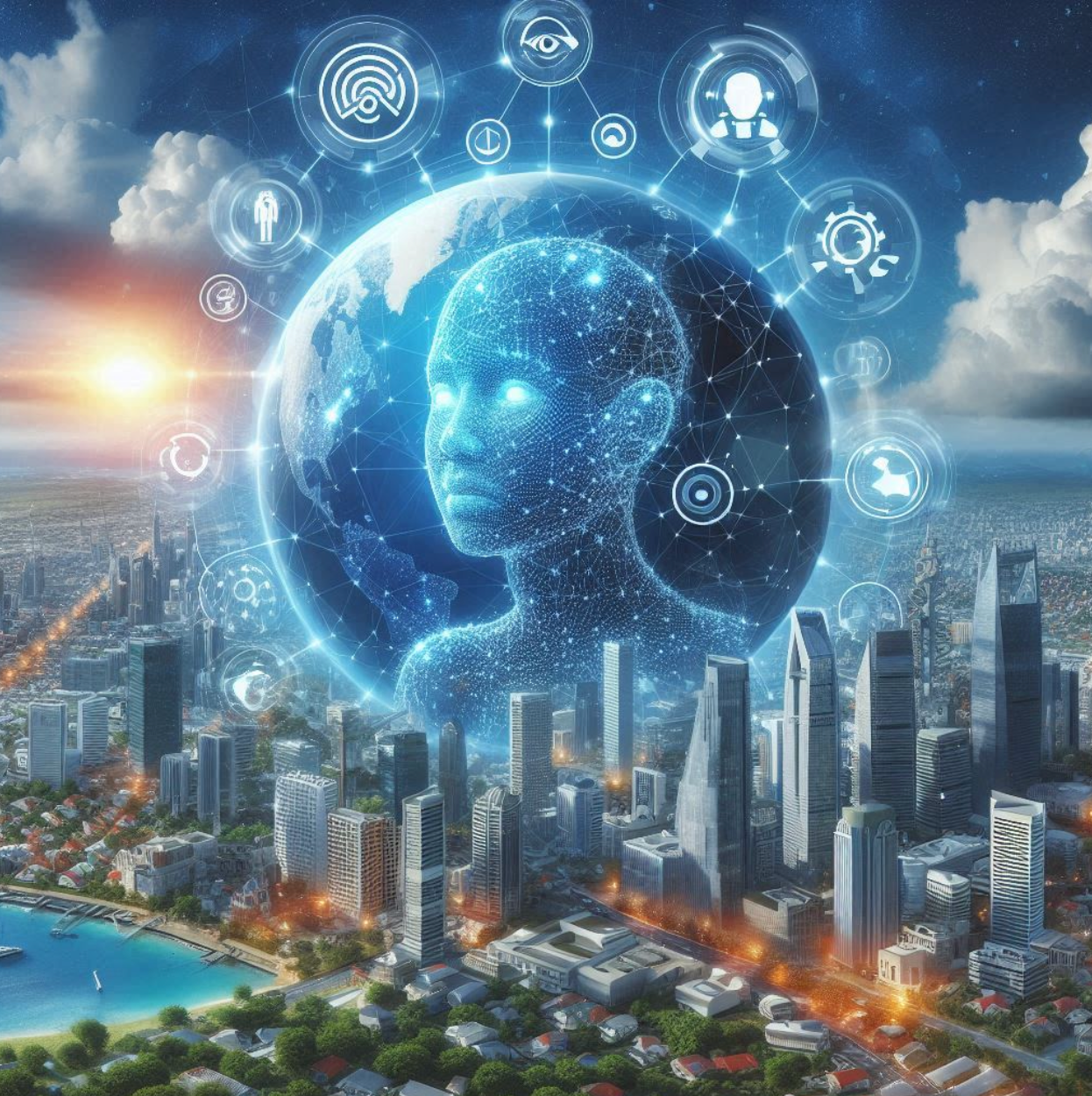
AI and Poverty Alleviation
1. Enhancing Access to Education
Personalized Learning
AI is transforming education by enabling personalized learning experiences for students. AI-powered platforms can analyze students’ learning styles, strengths, and weaknesses, providing tailored content and recommendations. This ensures that students receive the support they need to succeed, regardless of their socioeconomic background.
Expanding Educational Opportunities
AI is also expanding educational opportunities for underserved communities. Online learning platforms and AI-powered tutoring systems can provide access to high-quality education and resources, even in remote or low-income areas. This helps bridge the education gap and empowers individuals to improve their skills and knowledge.
2. Improving Healthcare Access
Telemedicine and Remote Diagnostics
AI is revolutionizing healthcare by enabling telemedicine and remote diagnostics. AI-powered platforms can analyze medical data and provide accurate diagnoses and treatment recommendations. This is particularly beneficial for underserved communities with limited access to healthcare facilities and professionals.
Predictive Analytics for Disease Prevention
AI is also being used to predict and prevent the spread of diseases. By analyzing data from various sources, including social media, healthcare records, and environmental sensors, AI algorithms can identify patterns and predict disease outbreaks. This enables early intervention and targeted public health measures, reducing the impact of diseases on vulnerable populations.
3. Financial Inclusion
AI-Powered Financial Services
AI is playing a crucial role in promoting financial inclusion by providing access to financial services for underserved populations. AI-powered platforms can analyze creditworthiness and provide microloans to individuals and small businesses that may not have access to traditional banking services. This empowers individuals to start businesses, invest in education, and improve their economic prospects.
Fraud Detection and Risk Management
AI is also being used to enhance fraud detection and risk management in the financial sector. By analyzing transaction data and identifying suspicious patterns, AI algorithms can detect and prevent fraudulent activities. This ensures the integrity of financial systems and protects individuals from financial exploitation.
AI and Sustainable Development
1. Sustainable Agriculture
Precision Farming
AI is transforming agriculture by enabling precision farming techniques. AI-powered platforms can analyze data from sensors, drones, and satellite imagery to monitor crop health, soil conditions, and weather patterns. This allows farmers to make data-driven decisions, optimize resource use, and increase crop yields. Precision farming reduces the environmental impact of agriculture and promotes sustainable food production.
Pest and Disease Management
AI is also being used to manage pests and diseases in agriculture. By analyzing data from various sources, including weather patterns and crop health indicators, AI algorithms can predict pest outbreaks and recommend targeted interventions. This reduces the need for chemical pesticides and promotes environmentally friendly farming practices.
2. Sustainable Urban Development
Smart Cities
AI is playing a crucial role in the development of smart cities, which aim to improve the quality of life for urban residents while minimizing environmental impact. AI-powered systems can optimize traffic management, reduce energy consumption, and enhance waste management. This creates more sustainable and livable urban environments.
Urban Planning and Design
AI is also being used to support urban planning and design. By analyzing data on population growth, transportation patterns, and environmental factors, AI algorithms can provide insights and recommendations for sustainable urban development. This ensures that cities are designed to meet the needs of their residents while minimizing their ecological footprint.
3. Conservation and Biodiversity
Wildlife Monitoring
AI is being used to monitor and protect wildlife populations. AI-powered cameras and sensors can track animal movements and behaviors, providing valuable data for conservation efforts. This helps protect endangered species and preserve biodiversity.
Environmental Monitoring
AI is also being used to monitor environmental conditions and detect changes in ecosystems. By analyzing data from satellite imagery, sensors, and other sources, AI algorithms can identify trends and predict environmental changes. This enables early intervention and targeted conservation measures, ensuring the long-term health of ecosystems.
Conclusion
AI has the potential to address some of the world’s most pressing challenges, from climate change and poverty to sustainable development. By leveraging AI technologies, we can create innovative solutions that drive positive change and improve the quality of life for people around the globe. As we continue to explore the possibilities of AI, it is essential to ensure that these technologies are used ethically and responsibly, promoting a more sustainable and equitable world.
Are you passionate about the potential of AI to address global challenges and drive positive change? Sign up for our newsletter to receive exclusive insights, industry news, and expert tips on AI and its role in creating a sustainable future. Don’t miss out on the opportunity to stay informed and be part of the AI revolution. Subscribe now and join our community of AI enthusiasts and professionals!
Sign Up For Our Weekly Newsletter and Get Your FREE Ebook " AI For Everyone - Learn the Basics and Embrace the Future"
